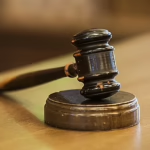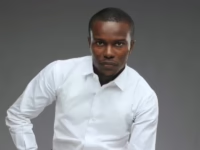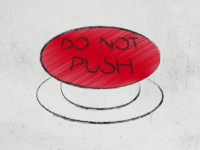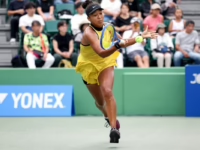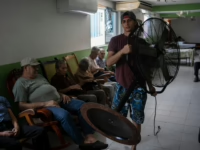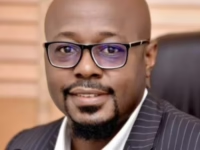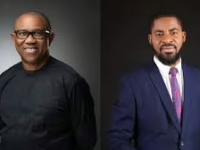In response to Governor Monday Okpebholo of Edo State’s recent warning that any commissioner or appointee who fails to wear President Bola Tinubu’s cap at the State Executive Council meetings would be asked to leave, many officials hurried to local cap makers to comply with the directive.
This surge in demand has been welcomed by artisans specializing in traditional headwear, who praised the governor for boosting interest in the iconic Tinubu cap.
During the swearing-in ceremony for new commissioners and appointees on Tuesday, Governor Okpebholo commended President Tinubu’s ongoing support for Edo State, reinforcing the importance of unity within the government.
Insiders within the administration revealed that no one wanted to risk public embarrassment or become an example by defying the governor’s order.
Although the governor has yet to publicly clarify the reasons behind his mandate, political commentators speculate that it aims to create a visible and symbolic connection between Edo State’s executive branch and the federal leadership.
Nevertheless, this directive has ignited debate among civil society organizations and opposition figures in the state. Critics argue that the governor is placing political image above effective governance, with some labeling the move as “authoritarian and unwarranted.”
Osaro Imutiyan expressed concern, stating, “While it’s understandable for the governor to express solidarity with the president, imposing a dress code on officials is not reflective of democratic principles. It’s troubling that political allegiance is being enforced through attire at official meetings.”
Meanwhile, traditional fashion outlets in Benin City report a notable increase in orders for the Tinubu-style cap, with some businesses expanding their workforce to meet the growing demand.
Tonia Obanor shared, “The influx of orders has been so significant that I’ve had to hire additional staff. This cap trend is becoming a vital source of income for us.”


